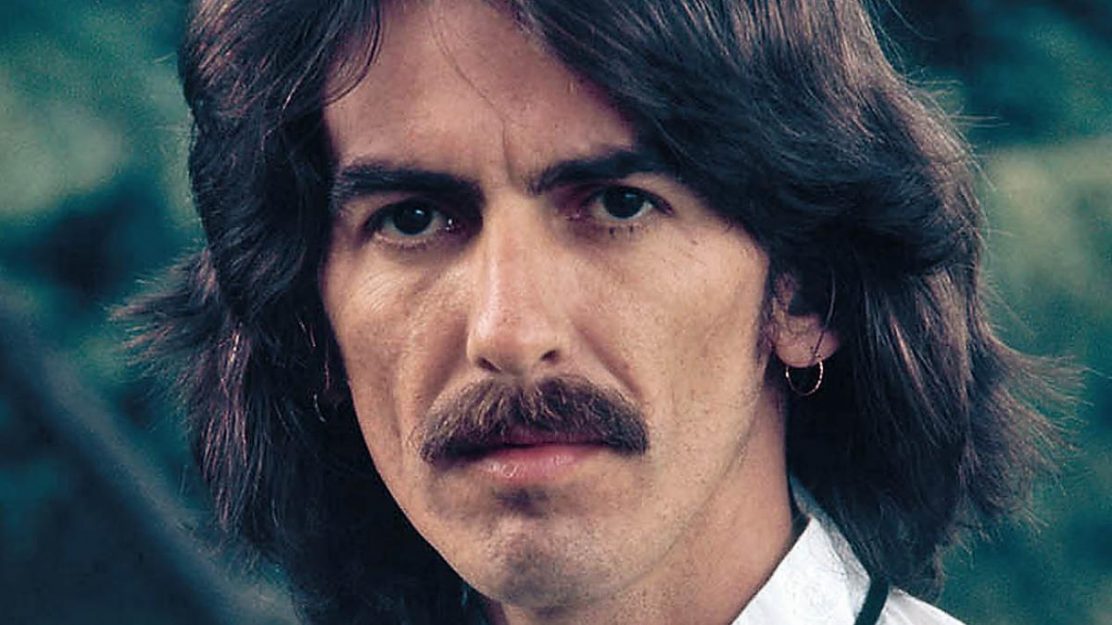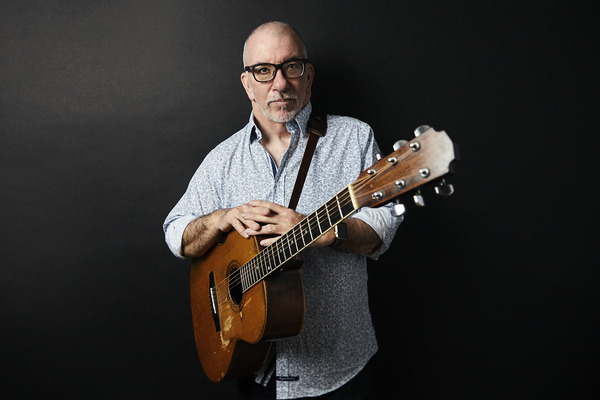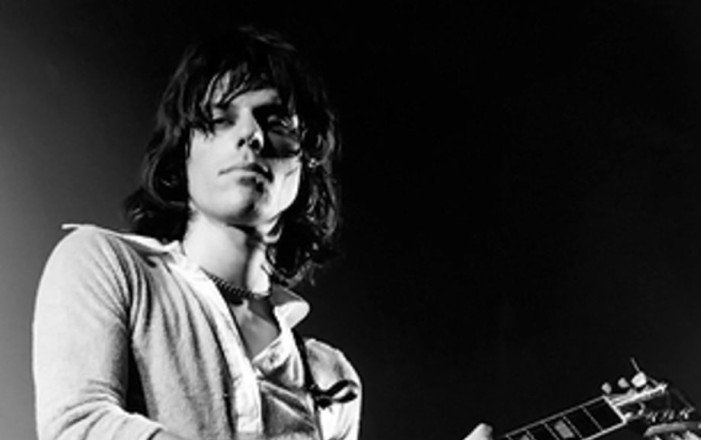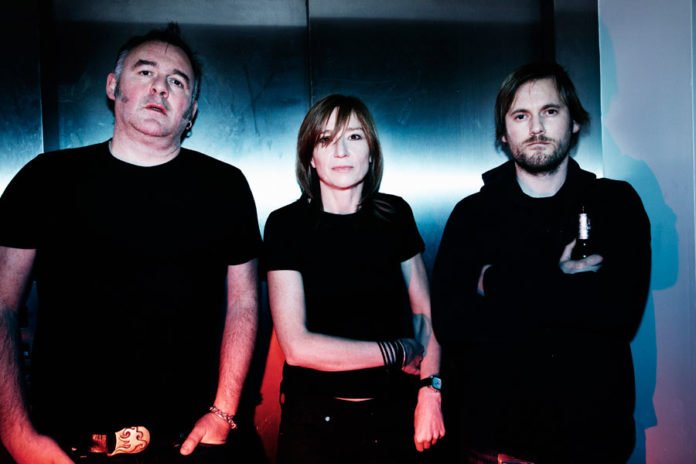The “quiet Beatle,” George Harrison embraced Indian music and exposed it to a large pop music audience through his compositions on Beatles albums and on his own solo work.
Harrison was born and raised in Liverpool, and while his father was apprehensive about his interest in music, his mother was fully supportive. She wanted her children to be happy and saw that it was music that made her youngest child happy.
Initially rejected by the Beatles as too young to be in the band, McCartney petitioned on his behalf and eventually he was accepted. It was a problem for the band, as they were deported from Germany when Harrison’s age was revealed as being too young to work in a nightclub.
Harrison had already released two solo albums of mainly instrumental material before the breakup of the Beatles. Harrison had a catalog of material built up by the time the Beatles ended. This turned into his 3-disc set All Things Must Pass. Widely considered his best record, it employed the Phil Spector-produced Wall of Sound, utilizing a large cast of all star artists.
Harrison followed All Things Must Pass by organizing and recording The Concert for Bangladesh, a charity event requested by Ravi Shankar. The two shows drew 40,000 and a hit 3-disc set topped the charts followed by a concert film. While mismanagement and squabbles tied up much of the revenue, the event was successful at raising awareness of the situation in Bangladesh.
Harrison delivered a series of albums through the ’70s, but largely withdrew after the murder of John Lennon. 1987 marked his return with the Jeff Lynne-produced Cloud Nine, which featured a number 1 single. Lynne and Harrison were joined by Bob Dylan, Roy Orbison and Tom Petty in the Traveling Wilburys, a supergroup that formed in Dylan’s garage and recorded two albums.
In 1999 Harrison and his wife Olivia were attacked and injured in a home invasion. Two years later, he was diagnosed with a recurrence of cancer that spread to his brain. Harrison died in 2001.







